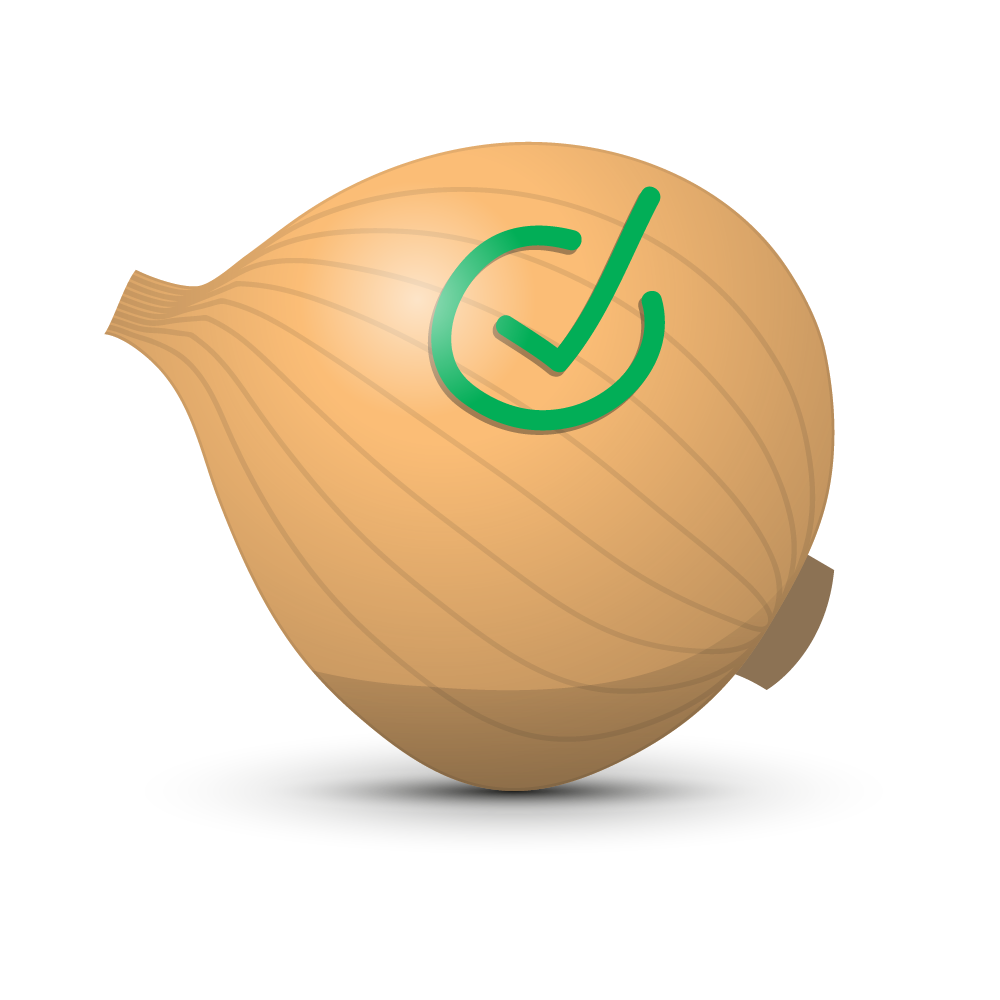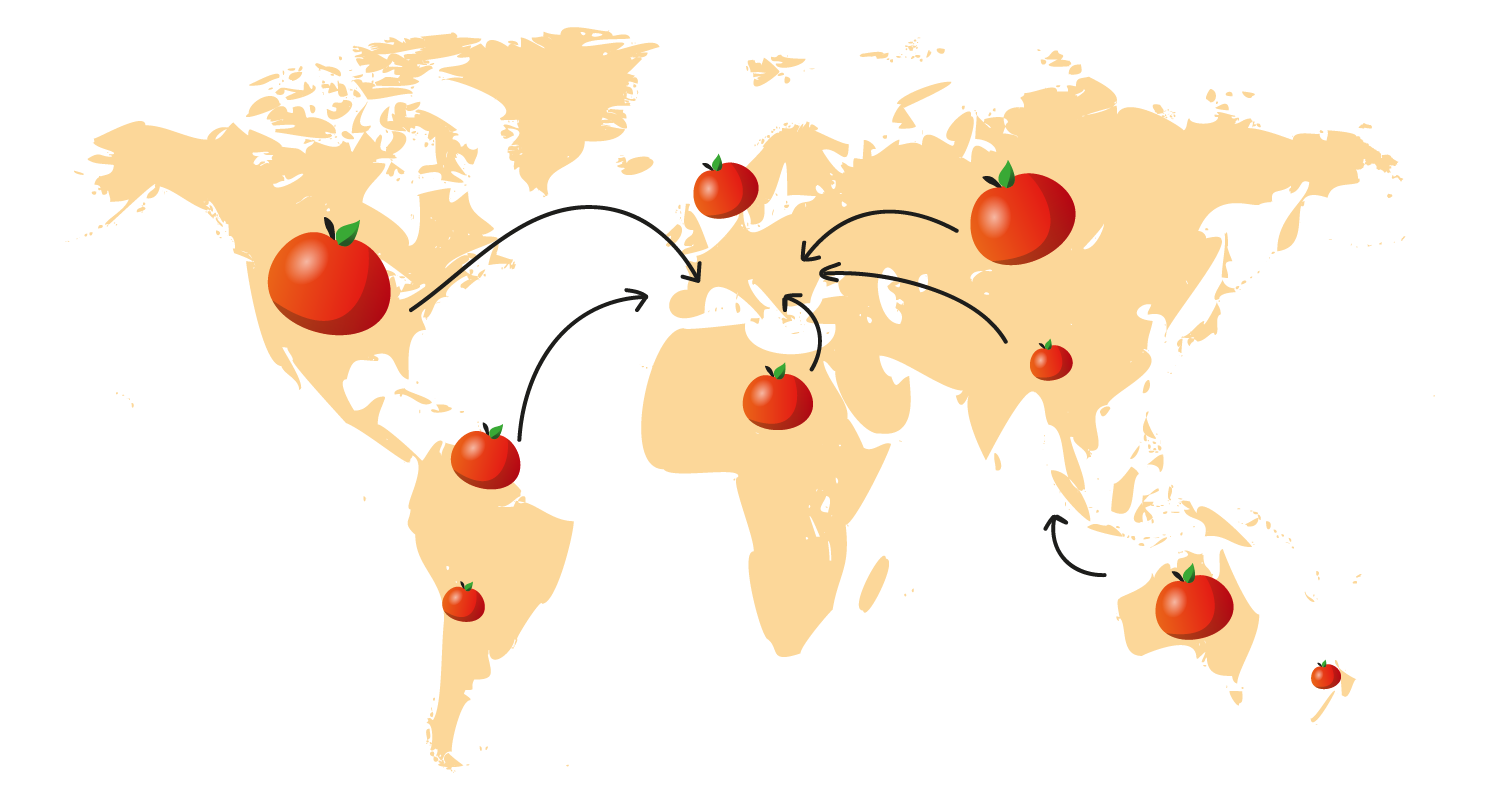
When you are eating a pear, an apple, or tapping into the endless pleasure of tropical fruit enjoying mango or pineapple, you probably do not think about the fruit’s journey before you could buy it at your local supermarket. Not all fruit are “fit” to travel long distances, cope with the transport and still arrive in a satisfactory state at their destination.
UNECE brings together experts from all over the world to develop specific standards to make sure that you will receive your fruit in the best condition possible. Be it size, shape and colour, freshness, maturity and texture, or packaging, not one of these requirements is left to chance.
UNECE brings together experts from all over the world to develop specific standards to make sure that you will receive your fruit in the best condition possible. Be it size, shape and colour, freshness, maturity and texture, or packaging, not one of these requirements is left to chance.
Standards also help you decide which fruit to buy, as they provide you with important information on their origin or size. Did you ever wonder what “Class I” or “Extra Class” means? This classification indicates that the producer respects production and trading practices that have been agreed in these standards.
Food standards are important not only to you, the consumer, who wants the best quality fruit. Standards are also essential to producers and sellers as they allow them to trade more easily. A buyer can order from a producer or trader on another continent and be confident to receive what was ordered; and this can be certified by national inspection agencies at export. When sellers and buyers are located in different countries, different sets of rules and standards might apply. Again, UNECE standards help make sure that the quality of the produce remains the same, regardless of the country in which they were grown.
Food standards are important not only to you, the consumer, who wants the best quality fruit. Standards are also essential to producers and sellers as they allow them to trade more easily. A buyer can order from a producer or trader on another continent and be confident to receive what was ordered; and this can be certified by national inspection agencies at export. When sellers and buyers are located in different countries, different sets of rules and standards might apply. Again, UNECE standards help make sure that the quality of the produce remains the same, regardless of the country in which they were grown.
 Just think about the huge amount of fruit that is produced, traded and consumed on a daily basis. In 2012 alone, about 63 million tonnes of apples were grown worldwide, with China producing almost half of them (37 million tonnes). The United States, another important apple exporter, produced more than 4 million tonnes; and Turkey and Poland more than 2.8 million tonnes in the same year. Behind all these figures are millions of crates full of apples travelling from one part of the globe to the other. Without international standards that define which apple is ready to go on its journey to your supermarket, millions of apples would be wasted every day. Also, if every country had their own national criteria for quality, trading apples or other fruit would be chaotic, and a lot of time and money would be wasted.
Just think about the huge amount of fruit that is produced, traded and consumed on a daily basis. In 2012 alone, about 63 million tonnes of apples were grown worldwide, with China producing almost half of them (37 million tonnes). The United States, another important apple exporter, produced more than 4 million tonnes; and Turkey and Poland more than 2.8 million tonnes in the same year. Behind all these figures are millions of crates full of apples travelling from one part of the globe to the other. Without international standards that define which apple is ready to go on its journey to your supermarket, millions of apples would be wasted every day. Also, if every country had their own national criteria for quality, trading apples or other fruit would be chaotic, and a lot of time and money would be wasted. When it comes to food, the need for safety and timely protection from risks and hazards is a priority, too. UN/CEFACT develops standardized processes and electronic messages to support the Rapid Alert System for Food and Feed (RASFF) Notification Exchange. The RASFF System (in use since 1969 in 32 European countries) is open 24 hours a day to collect information, warn consumers and sanitary authorities about food safety issues and trace the problem back to its origin. RASFF covers all food traded on members’ territory and includes imports from outside Europe too. 

UNECE standards and standardized business processes are like a common trading language. They provide producers and traders with an indication of what is in demand and acceptable in international markets. With these standards, when a buyer orders hundreds of crates of “Class I” apples, the producer is able to provide just that and an apple a day even from far away will be a cheap, safe and healthy way to keep the doctor away.
Over the years, UNECE has developed 52 standards for fresh fruit and vegetables and 28 for nuts and dried fruit to improve the quality of perishable produce traded on international markets.
Over the years, UNECE has developed 52 standards for fresh fruit and vegetables and 28 for nuts and dried fruit to improve the quality of perishable produce traded on international markets.

